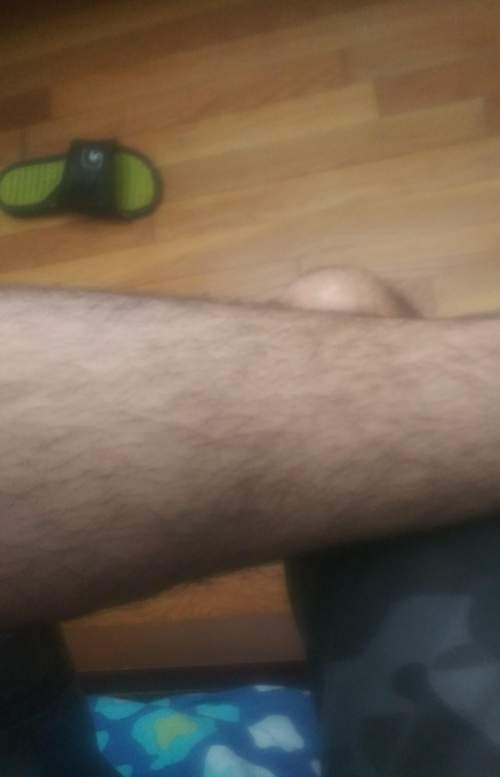
Mathematics, 15.04.2021 01:10 boo3972
Gina deposits $2,000 into each of two savings accounts.
- Account I earns 5% annual simple interest.
- Account II earns 5% interest compounded annually.
Gina does not make any additional deposits or withdrawals. What is the sum of the balances of Account I and Account II at the end of 3
years?
0 $4,600
O $4,615.25
0 $4,630.50
$4,300

Answers: 1
Another question on Mathematics

Mathematics, 21.06.2019 13:30
What are potential hypotheses (explanations) regarding why there are ecological equivalents between many metatherians and eutherians? discuss your hypothesis in terms of the processes that could lead to the current ecologies and distributions of metatherians and eutherians.
Answers: 2


Mathematics, 21.06.2019 19:50
Which inequality is equivalent to -3x < -12? x < 4 , x < -4 , x > 4, x > -4
Answers: 1

Mathematics, 21.06.2019 20:00
What are the digits that repeat in the smallest sequence of repeating digits in the decimal equivalent of 24/11?
Answers: 1
You know the right answer?
Gina deposits $2,000 into each of two savings accounts.
- Account I earns 5% annual simple interest...
Questions


Arts, 03.11.2020 22:00

Health, 03.11.2020 22:00


Mathematics, 03.11.2020 22:00




Social Studies, 03.11.2020 22:00

Mathematics, 03.11.2020 22:00

Chemistry, 03.11.2020 22:00

Social Studies, 03.11.2020 22:00

Mathematics, 03.11.2020 22:00


Physics, 03.11.2020 22:00

Biology, 03.11.2020 22:00

English, 03.11.2020 22:00



Health, 03.11.2020 22:00




